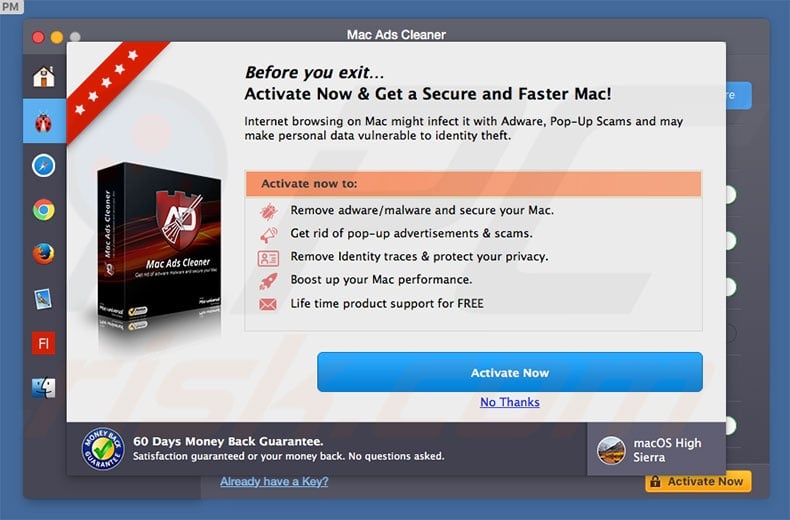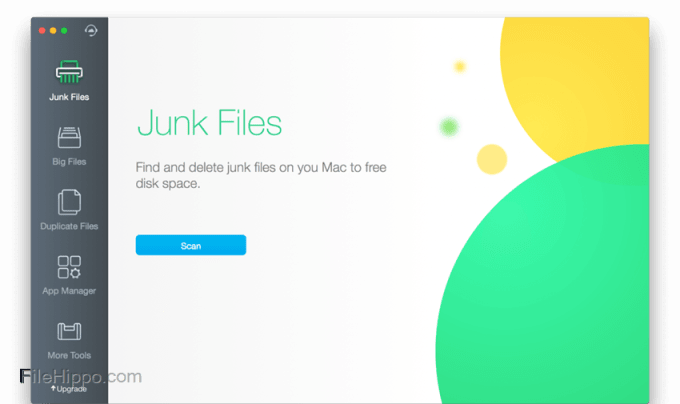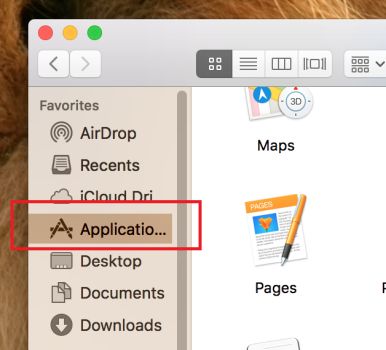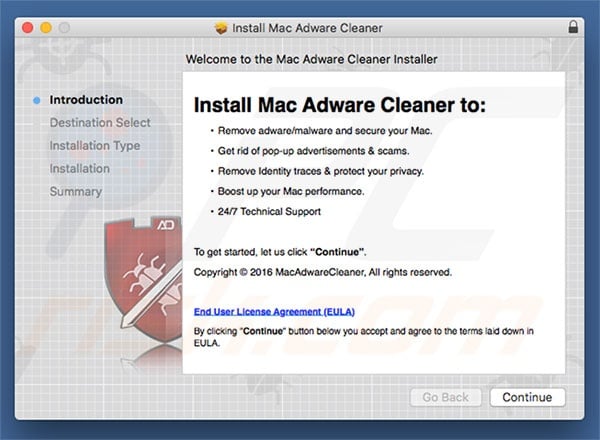
Sketchy apps do occasionally make it through App Store review (iPhone apps in that case), and some have eluded Gatekeeper. That’s not to say the risk of other types of malware is zero. These then hijack the browser to generate traffic for websites that pay the adware companies to receive it. Much adware is installed via sketchy browser extensions. MacKeeper is perhaps the best-known example of scamware. Naive users are tricked into installing them and sometimes even paying for them. In the case of what Malwarebytes calls PUPS – potentially unwanted programs – and what I would call scamware, this is by advertising junk apps as if they do something useful.

The way Mac malware gets installed is by fooling users into doing it. macOS doesn’t allow unsigned apps to be installed without user permission. These are not apps that can spread from machine to machine, installing themselves. Third, and most crucially of all, Mac malware is not a virus.
#Ad cleaner for mac install
You have to install Mac malware yourself! The app did not actually provide any tracking functionality.
#Ad cleaner for mac how to
In one early example, a fake package tracking page would accept any number entered, and regardless of the number, clicking the Track button would download a “PackagesTracker” app, with some instructions on how to open it. NewTab apps are often spread through fake flight or package tracking pages, fake maps, or fake directions pages. NewTab is an adware family that attempts to redirect searches in the web browser for the purpose of earning illicit affiliate revenue, and it is mostly delivered in the form of apps with embedded Safari extensions. NewTab, at the top of the list, only appeared on the scene in December 2018, but rapidly rose to the top of our detections in 2019. In 2019, however, one new piece of adware was detected 30 million times! That’s your dramatic growth right there: one app. Until last year, the top two Mac adware apps had detected installations numbered in the low hundreds of thousands. Mac malware is growing mostly due to one app The PUPs are a variety of mostly “cleaning” apps that have been determined as unwanted not just by Malwarebytes, but by the Mac user community at large, MacKeeper and MacBooster. Where we found several different categories and families in our top detections of Windows threats that classify as traditional malware, especially those aimed at businesses, most Mac threats, and certainly the most prevalent ones of 2019, are families of adware and potentially unwanted programs (PUPs) Īmong the top 10 Mac threats (for both consumers and businesses) are a mix of PUPs and adware.



Macs differ drastically from Windows in terms of the types of threats seen. This is something Malwarebytes itself acknowledges when you get into the detail. This does things like redirect searches or load tabs automatically to earn ad revenue for the attacker. Macs are mostly only vulnerable to so-called adware. Apple’s protections against this type of attack are extremely strong.
#Ad cleaner for mac code
Most Mac malware is more nuisance than dangerįirst, Macs are not generally vulnerable to what we traditionally classify as malware: that is, code which can do nasty things like delete files, or encrypt your drive for a ransomware attack. That’s getting a lot of headlines today, but there are three key things that need to be understood… In total, we saw approximately 24 million Windows adware detections and 30 million Mac detections.


 0 kommentar(er)
0 kommentar(er)
